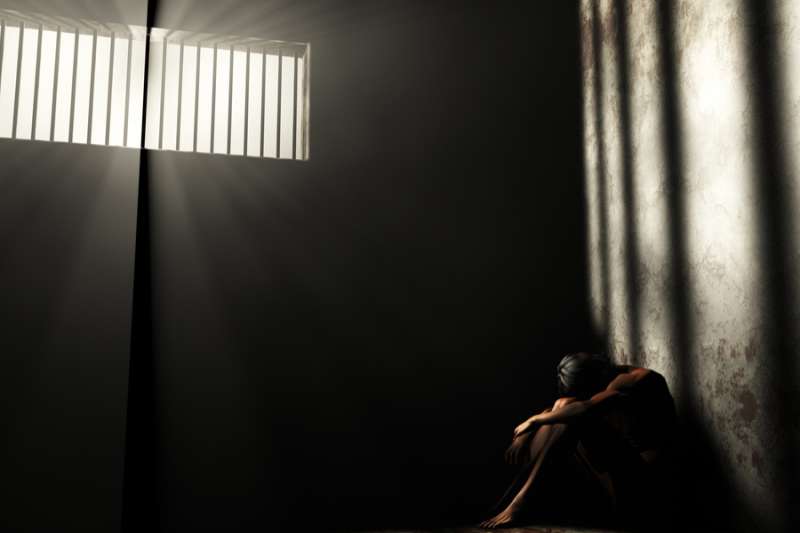New York’s faith leaders gathered in protest of solitary confinement this week, pushing for a bill that seeks more humane ways to treat prisoners.
“We believe solitary confinement is a form of torture, and it has been vastly overused historically in New York State. Even with some recent reforms, not enough has been done,” Dennis Poust, communications director for the New York State Catholic Conference, told CNA.
Thirty-five faith leaders and 30 others rallied in support of the Humane Alternatives to Long-Term (HALT) Confinement Act in the New York Capitol Building in Albany on May 7.
Attendees included representatives from the National Religious Campaign Against Torture, T'ruah the Rabbinic Call for Human Rights, and New York State Council of Churches - a coalition of numerous denominations.
The New York State Catholic Conference was not present at the event, but it expressed strong support for the HALT bill, which has not yet been debated on the Senate or House floor. The conference issued a memorandum in support of the act in January.
The bill seeks to “limit the time an inmate can spend in segregated confinement, end the segregated confinement of vulnerable people, restrict the criteria that can result in such confinement, improve conditions of confinement, and create more humane and effective alternatives to such confinement,” according to the statement.
If passed, the law would restrict solitary confinement to 15 days or less. The United Nations Special Rapporteur on Torture has denounced solitary confinement that exceeds more than 15 days as a form of torture.
On any given day, there are an estimated 3,000 inmates in solitary confinement in New York’s state prisons. Prisoners in solitary confinement are isolated in 6-by-10 foot cells for 23 hours at a time.
After a 2016 settlement in a lawsuit challenging New York’s widespread use of solitary confinement as a punishment, the state reformed its prison system to limit the solitary confinement of pregnant women, youth and the disabled.
Solitary confinement can have serious consequences for prisoners’ psychological health, leading to an increase in depression or even suicide, Poust told CNA.
“It’s not necessary in modern society and modern prison systems to take this action. We are asking the state to look at its historic overuse of this policy and to present these prisoner with more humane conditions,” he said.
Poust drew attention to the care of the imprisoned prescribed by the Old and New Testaments. He said it is the responsibility of Christians to express solidarity with incarcerated people.
“Prisoners don’t lose their innate human dignity when they are sentenced. While there are many prisoners who present a danger to society and must be incarcerated, the idea that they should be treated as less than human is anathema to what we as a society should be striving for,” he said.
Bishop Edward Scharfenberger of Albany has said that solitary confinement deteriorates mental illness, trauma, and recidivism, side effects that Americans cannot ignore.
“Social science has affirmed that solitary confinement works against the purpose of rehabilitation and restorative justice. It also works against the purpose of improving public safety, both inside our prisons and jails and in our communities,” he wrote in a 2016 op-ed article in Times Union.
Pope Francis, an advocate care of the most vulnerable and on the peripheries of society, has spoken out on the topic. In 2014, he said solitary confinement was a form of torture and drew attention to its negative effects.
“The lack of sensory stimuli, the total impossibility of communication and the lack of contact with other human beings induce mental and physical suffering, such as paranoia, anxiety, depression, weight loss, and significantly increase the suicidal tendency,” Pope Francis said.

